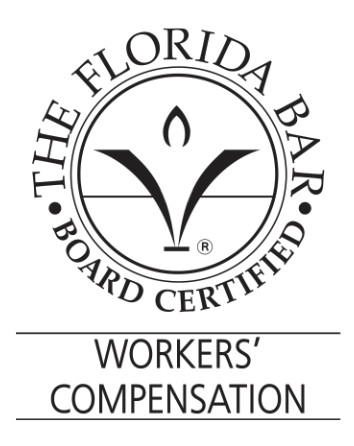Wrongful Death
PH: 813-224-0000
A wrongful death claim may be brought on behalf of a survivor of a decedent when the death of a loved one was caused by the careless and negligent act of another. Statutory survivors may be entitled to compensation for pain and suffering, mental anguish, and loss of care, protection and companionship.
If you lost a loved one due to the negligent, reckless, or criminal actions of another individual, you deserve to seek justice.
Florida Statute Sections 768.16-768.26 contain the “Florida Wrongful Death Act.” The intent of the Act is to shift the losses resulting when wrongful death occurs from the survivors of the decedent to the wrongdoer.
Wrongful death claims are civil actions made by the survivors of an individual who has passed away due to the negligence or misconduct of another. In these cases, the law allows the family members of the decedent (“survivors”) to file a wrongful death suit seeking monetary damages. The wrongful death action is designed to provide compensation for relatives who depended upon the deceased for financial and/or emotional support.
Wrongful Death Damages
All: Each survivor may recover the value of lost support and services from the date of the decedent’s injury to her or his death, with interest, and future loss of support and services from the date of death and reduced to present value. In addition, medical or funeral expenses due to the decedent’s injury or death may be recovered by the survivor who has paid them.
In addition to the aforementioned compensatory damages, a court may also choose to impose punitive damages. Punitive damages are appropriate in situations where a party’s intentional, reckless, or grossly negligent actions result in a wrongful death. These damages serve to punish the offending party, as well as discourage others from behaving similarly in the future.
The court will consider a number of factors when determining the amount of damages to be awarded to the survivors of the deceased. These factors include the relationship between the survivor and the deceased; the amount of the deceased’s net income available to the survivor; the replacement value of the deceased’s services; and the life expectancy of all parties. As described below, an individual’s relationship to the decedent may entitle them to certain benefits.
When the loss of a loved one also involves the loss of an income earner to the family, the loss is even more devastating. Florida law allows for the survivors to recover the “Net accumulations.” This means the part of the decedent’s expected net business or salary income, including pension benefits, that the decedent probably would have retained as savings and left as part of her or his estate if the decedent had lived her or his normal life expectancy. Florida law also allows the recovery of “Net business or salary income.” This is the part of the decedent’s probable gross income after taxes, excluding income from investments continuing beyond death, that remains after deducting the decedent’s personal expenses and support of survivors, excluding contributions in kind.
Who Can Recover
Spouse: A surviving spouse may recover the loss of the decedent’s companionship and protection and for mental pain and suffering from the date of injury. Children: Minor children may seek compensation for lost parental companionship, instruction, and guidance and for mental pain and suffering from the date of injury. Parent: Each parent of a deceased minor child may recover for mental pain and suffering from the date of injury. Each parent of an adult child may also recover for mental pain and suffering if there are no other survivors.
Call Michael Winer – Injury Attorney- (813) 224-0000.
Florida’s Wrongful Death Act is complicated. Let our family help yours in this greatest hour of need.
UNPARALLELED SERVICE
MAXIMUM RESULTS
UNENDING DEDICATION

By you using this website and the electronic mailbox contained within, you agree not to transmit any case-related documents, including, but not limited to, pleadings, service of process, correspondence or any other case-related documentation of a time-sensitive nature.
YOU ARE NOT ESTABLISHING AN ATTORNEY-CLIENT RELATIONSHIP BY COMPLETING THIS FORM. YOU ARE NOT A CLIENT UNLESS AND UNTIL YOU RECEIVE A SIGNED WRITTEN REPRESENTATION AGREEMENT FROM THE FIRM.










